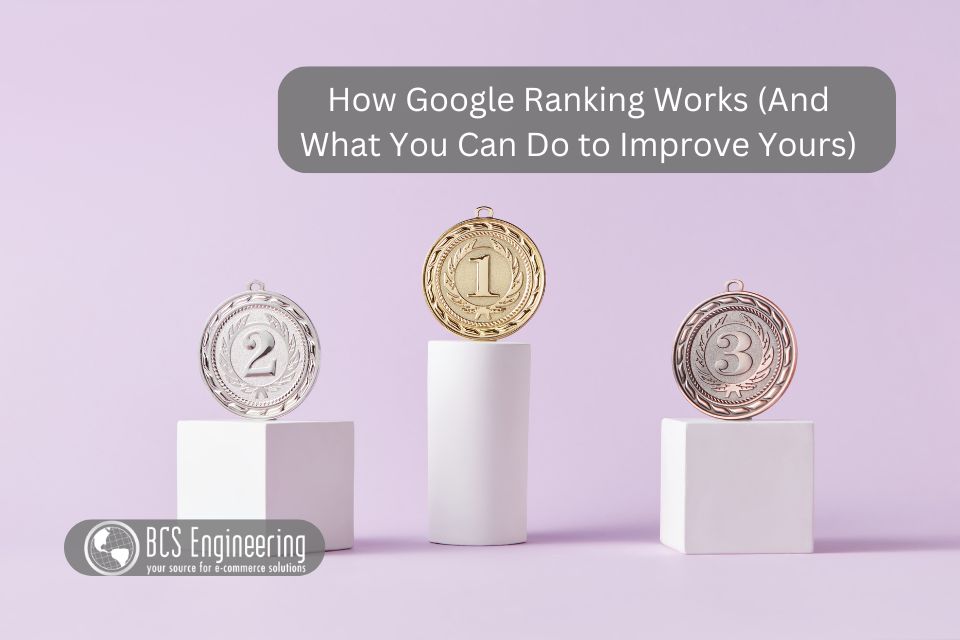If you’ve ever wondered how some websites seem to appear at the top of Google search results while others are buried pages deep, you’re not alone. Ranking on Google might feel like a mystery, but it actually follows a logical system—and once you understand how it works, you can start making strategic changes to improve your own website’s visibility.
Let’s break it down in simple terms.

What Is Google Ranking?
Google ranking refers to where your web page appears on Google’s search engine results page (SERP) when someone types in a keyword or phrase. The closer you are to the top of page one, the more likely someone is to click on your link. In fact, more than 25% of users click the very first result—and the numbers drop dramatically from there.
So how does Google decide who gets that top spot?
How Google Decides Who Ranks Where
Google uses a powerful algorithm (which is constantly evolving) to scan, sort, and rank billions of web pages. While Google doesn’t share exactly how its algorithm works, we do know some of the key factors that influence rankings:
1. Relevance
Google looks at how closely your content matches what someone is searching for. It scans your page’s keywords, headings, and overall topic to decide if your site is a good match for the search query.
2. Quality Content
Long gone are the days of keyword stuffing. Google rewards high-quality, original content that’s helpful, well-organized, and engaging. If people stay on your page and interact with your content, it sends a strong signal to Google that your site is worth ranking.
3. Mobile-Friendliness
With mobile traffic now dominating the web, Google prioritizes websites that look and function well on smartphones and tablets. If your site isn’t mobile-friendly, it could be costing you traffic and rankings.
4. Page Speed
A slow-loading website can frustrate users—and Google takes that seriously. Fast-loading pages are more likely to rank higher in search results because they create a better experience for visitors.
5. Backlinks
Links from other websites to your content (called backlinks) act like votes of confidence. The more high-quality, trustworthy sites that link to you, the more authority your site has in Google’s eyes.
What You Can Do to Improve Your Ranking
If you’re looking to boost your Google ranking, the good news is you don’t need to do everything at once. Start with these practical steps:
- Use clear, relevant keywords in your titles and headings.
- Write helpful, original content that answers your audience’s questions.
- Make sure your website is mobile-responsive and easy to navigate.
- Optimize your site’s loading speed.
- Create shareable content that earns links from others in your industry.
Even small improvements in these areas can lead to noticeable results over time.
Want to Know Exactly What Google Looks for?
If you’re ready to get specific about what Google wants to see on your website, I dive into 5 key elements Google loves in this episode of the Ecommerce Made Easy podcast. It’s a must-listen for any business owner who wants to start climbing the search rankings without getting lost in tech overwhelm.
🎧 Listen now: The 5 Things Google Wants to See From Your Website
